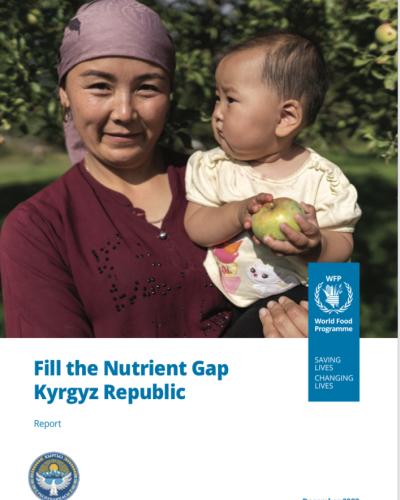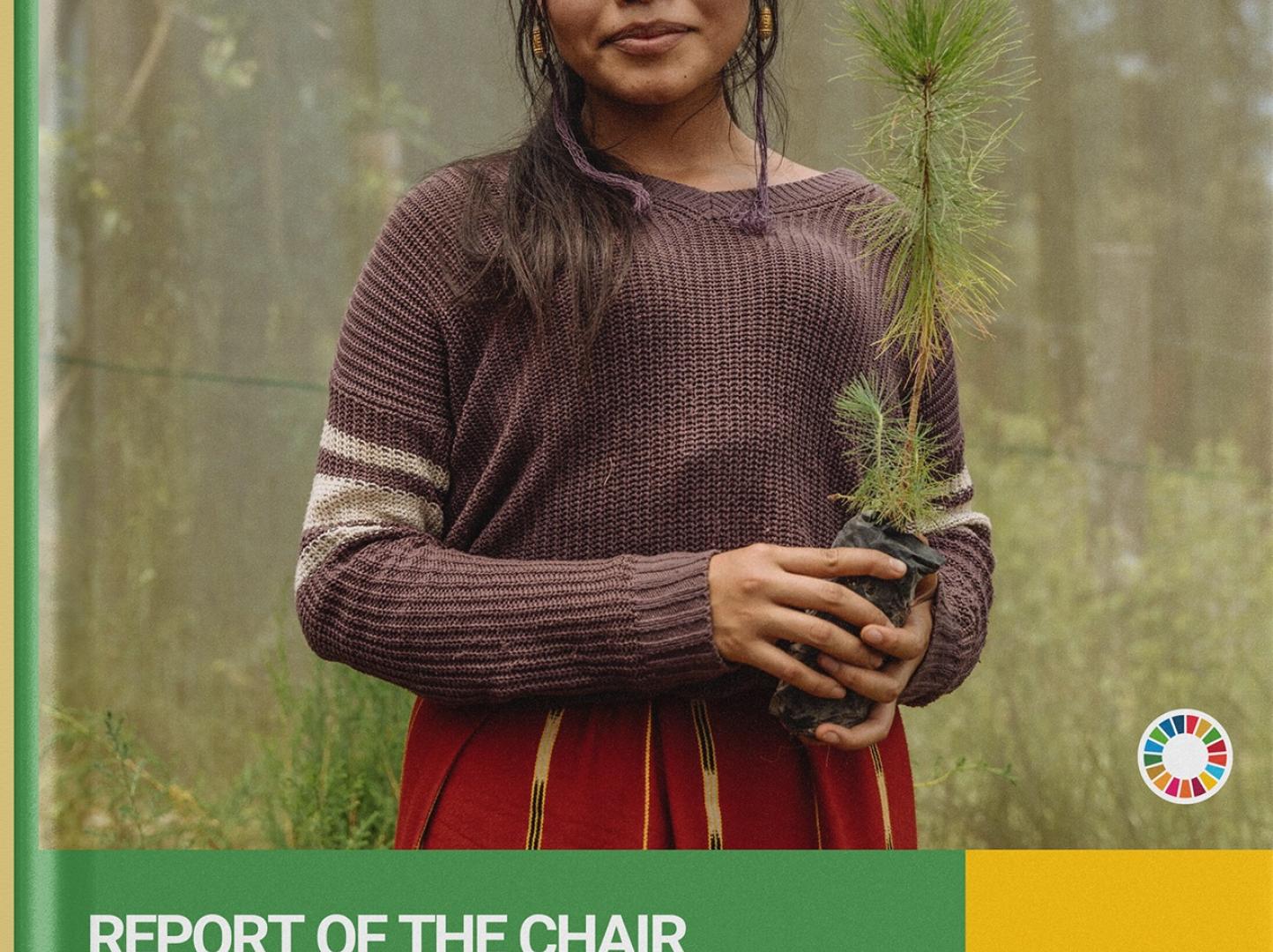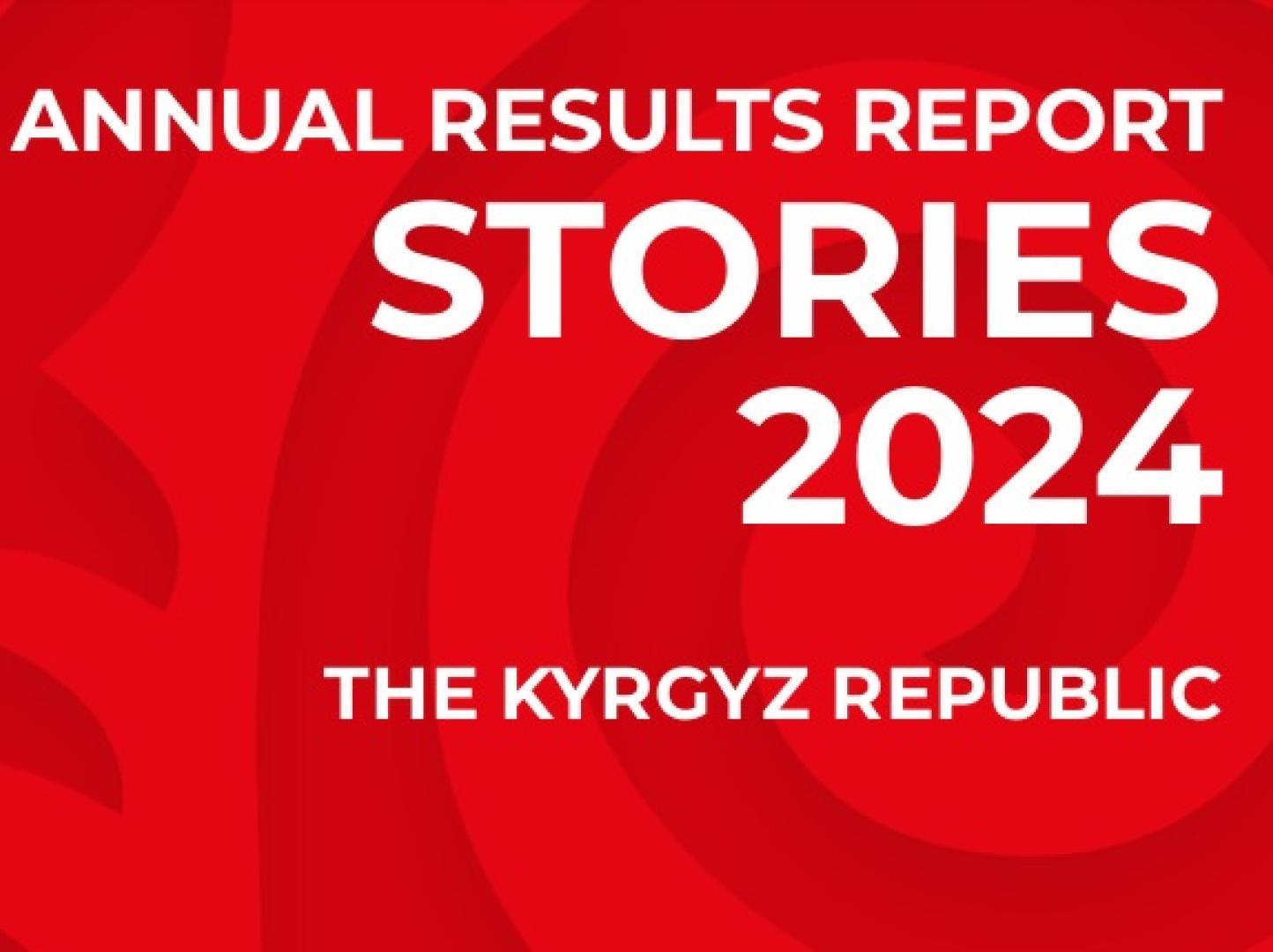Fill the Nutrient Gap Kyrgyz Republic

The Kyrgyz Republic is facing a complex challenge in improving nutrition. Despite having made significant gains in prevention of childhood malnutrition in the past decade, impoverished households in the Kyrgyz Republic continue to struggle with basic food and nutrition security. As a result of poor diets, they also face a triple burden of malnutrition with individuals across all socioeconomic groups suffering from micronutrient deficiencies, overweight and non-communicable diseases. It is imperative for human capital development that the Kyrgyz Republic improves diets and nutrition outcomes by focusing on strengthening food systems, making social protection programmes nutrition-sensitive, and improving coordination across different sectors such as social protection, agriculture, education, and health.
In 2019, the government of the Kyrgyz Republic and the World Food Programme (WFP) conducted a Fill the Nutrient Gap (FNG) analysis to identify opportunities within the food system to improve access to, and affordability of, nutritious diets. Since then, the COVID-19 pandemic and macroeconomic fluctuations have impacted household livelihoods and food prices. Because of these changes and updates to national policies in response to these events, the Ministry of Agriculture of the Kyrgyz Republic and WFP reinitiated the FNG analysis in 2021 to update results on costs and affordability of diets, and to model interventions that could mitigate unaffordability.





